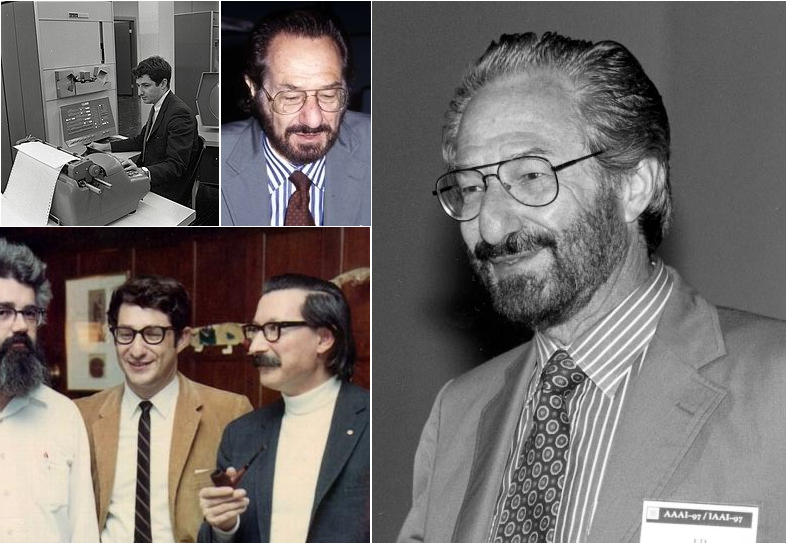
Edward Fredkin
Dear Commons Community,
Edward Fredkin, who despite never having graduated from college became an influential professor of computer science at the Massachusetts Institute of Technology, a pioneer in artificial intelligence and a maverick theorist who championed the idea that the entire universe might function like one big computer, died on June 13 in Brookline, Mass. He was 88. Here are excerpts from his New York Times obituary.
“Fueled by a seemingly limitless scientific imagination and a blithe indifference to conventional thinking, Professor Fredkin charged through an endlessly mutating career that could appear as mind-warping as the iconoclastic theories that made him a force in both computer science and physics.
“Ed Fredkin had more ideas per day than most people have in a month,” Gerald Sussman, a professor of electronic engineering and a longtime colleague at M.I.T., said in a phone interview. “Most of them were bad, and he would have agreed with me on that. But out of those, there were good ideas, too. So he had more good ideas in a lifetime than most people ever have.”
…His universe-as-one-giant-computer theory, as described by the author and science writer Robert Wright in The Atlantic Monthly in 1988, is based on the idea that “information is more fundamental than matter and energy.” Professor Fredkin, Mr. Wright said, believed that “atoms, electrons and quarks consist ultimately of bits — binary units of information, like those that are the currency of computation in a personal computer or a pocket calculator.”
As Professor Fredkin was quoted as saying in that article, DNA, the fundamental building block of heredity, is “a good example of digitally encoded information.”
“The information that implies what a creature or a plant is going to be is encoded,” he said. “It has its representation in the DNA, right? OK, now, there is a process that takes that information and transforms it into the creature.”
Even a creature as ordinary as a mouse, he concluded, “is a big, complicated informational process.”
By the end of his life, Professor Fredkin’s theory of the universe remained fringe, if intriguing. “Most of the physicists don’t think it’s true,” Professor Sussman said. “I’m not sure if Fredkin believed it was true, either. But certainly there’s a lot to learn by thinking that way.”
….His early views on artificial intelligence, by contrast, seem more prescient by the day.
“In the distant future we won’t know what computers are doing, or why,” he told The Times in 1977. “If two of them converse, they’ll say in a second more than all the words spoken during all the lives of all the people who ever lived on this planet.”
Even so, unlike many current doomsayers, he did not feel a sense of existential dread. “Once there are clearly intelligent machines,” he said, “they won’t be interested in stealing our toys or dominating us, any more than they would be interested in dominating chimpanzees or taking nuts away from squirrels.”
A true genius! May he rest in peace!
Tony


